How to Keep Your Home Powered During Wildfires: A Generator Buyer’s Guide
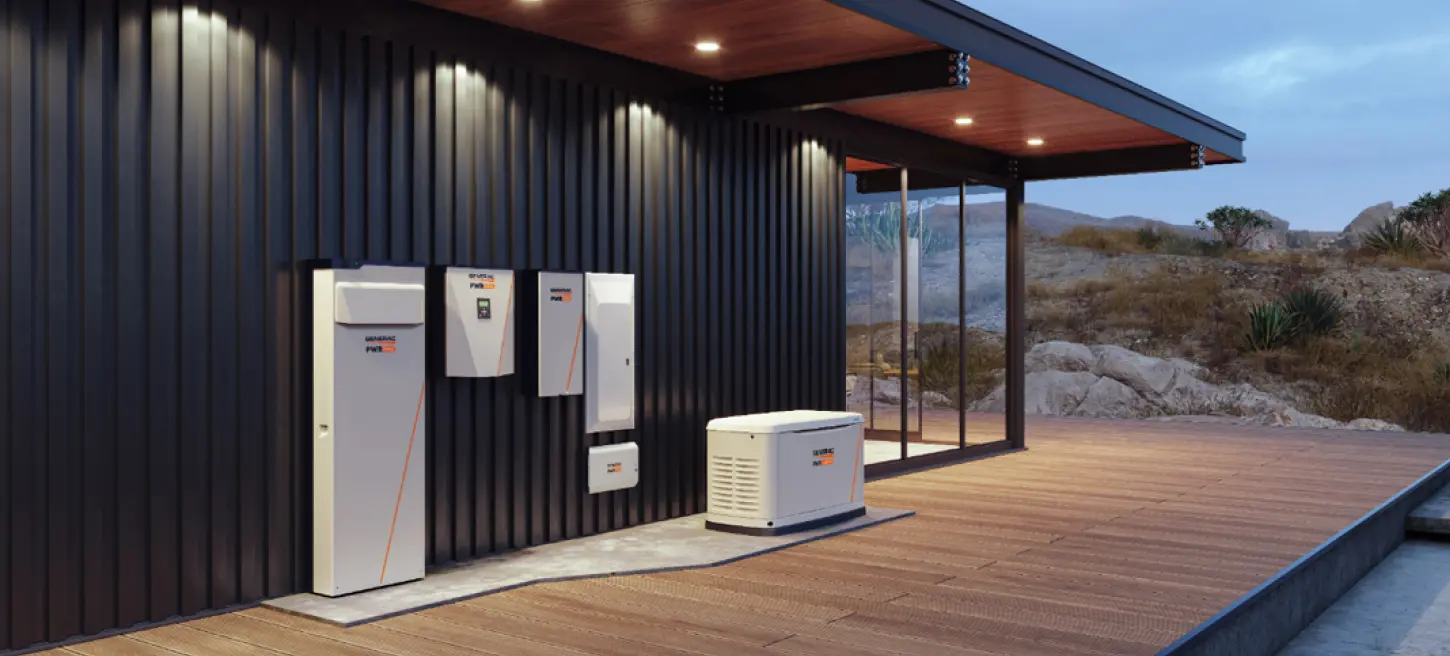
When wildfires strike, power outages are a common issue that can leave homes without electricity for days or even weeks. Having a reliable generator is crucial to ensuring that your home remains powered during these emergencies. Generators for wildfire power outages are essential, providing backup electricity for lights, refrigerators, medical equipment, and more. This guide will walk you through choosing the best generator for your needs, so you can stay safe and comfortable even in the face of wildfire season.
Why You Need a Generator for Wildfire Season
Wildfires can cause significant damage to power lines, resulting in outages that disrupt daily life. Generators for home use provide a temporary solution to these disruptions, allowing you to maintain essential services during the emergency. Powering a generator with fuel will ensure you have access to lighting, cooling systems, communication devices, and refrigeration, all crucial during these times.
Types of Generators for Wildfire Emergencies
When it comes to selecting the right generator for your needs, it's essential to understand the various types available:
- Portable Generators: These are compact and easy to move, making them a popular choice for homeowners. They can power smaller appliances and devices.
- Standby Generators: Larger and more permanent, standby generators automatically kick in during a power outage. They are typically connected to the home’s electrical system and can power most of the home’s circuits.
- Inverter Generators: These generators provide clean, stable power that’s safe for sensitive electronics like computers and medical devices.
Each type offers specific advantages depending on your home’s needs.
Factors to Consider When Buying a Generator for Wildfires
1. Power Output
- Ensure the generator has enough power to meet your household needs during a wildfire. The power output is measured in watts. Essential appliances like refrigerators, air conditioning, and medical devices need different amounts of wattage.
2. Fuel Type
- Generators operate on various fuels: gasoline, propane, or diesel. Gasoline is the most common but may be in limited supply during a wildfire. Propane or diesel may offer longer runtimes and be more stable during emergencies.
3. Portability vs. Permanence
- Depending on whether you need a temporary solution or a more permanent one, choose between a portable generator and a standby generator. Standby generators are best for those looking for a long-term solution that kicks in automatically during an outage.
4. Noise Level
- Generators can be noisy, and during wildfire season, you may want to keep noise levels down. Consider choosing an inverter generator for quieter operation.
5. Runtime
- The runtime of the generator depends on its fuel capacity. Make sure the generator can run for enough time to support your needs. Typically, a generator should run for at least 8 hours without refueling.
6. Safety Features
- Look for generators with carbon monoxide detectors and automatic shutoff features to ensure safe operation, especially during emergencies like wildfires.
Comparison Table: Top Generators for Wildfire Emergencies
| Model | Type | Power Output | Fuel Type | Runtime | Noise Level | Price Range |
|---|---|---|---|---|---|---|
| Honda EU2200i | Inverter | 2200 watts | Gasoline | 8-10 hours | Quiet | $$ |
| Generac 7043 | Standby | 22,000 watts | Natural Gas | 48+ hours | Low | $$$$ |
| Westinghouse WGen7500 | Portable | 7500 watts | Gasoline | 12 hours | Moderate | $$ |
| Champion 100165 | Portable | 4375 watts | Gasoline | 8 hours | Moderate | $$ |
| DuroMax XP12000E | Portable | 12,000 watts | Gasoline | 8 hours | High | $$$ |
Conclusion: Choosing the Best Generator for Wildfire Power
Investing in the right generator can be a lifesaver when wildfire season threatens power disruptions. Whether you choose a standby generator for long-term use or a portable generator for short-term needs, make sure it meets your power needs, fuel preferences, and safety standards. With the right equipment, you can ensure your home stays powered during a wildfire emergency.
FAQs About Generators for Wildfire Season
Q1: Can I use a generator inside my house?
A: No, never use a generator inside your home. It should be placed outside in an open area to prevent carbon monoxide poisoning.
Q2: How much power do I need for basic home appliances?
A: For basic appliances like lights, fans, and a fridge, a generator with 2000-3000 watts should suffice.
Q3: How often should I run a generator during a wildfire?
A: Run your generator as needed for essential appliances. Be mindful of fuel levels and the environment in which you’re operating it.
By selecting the right generator and considering these important factors, you'll be ready for any wildfire-related power outages, ensuring your home stays safe and functional.
Explore

Mental Health and Cancer Care: The Importance of Emotional Support During Treatment
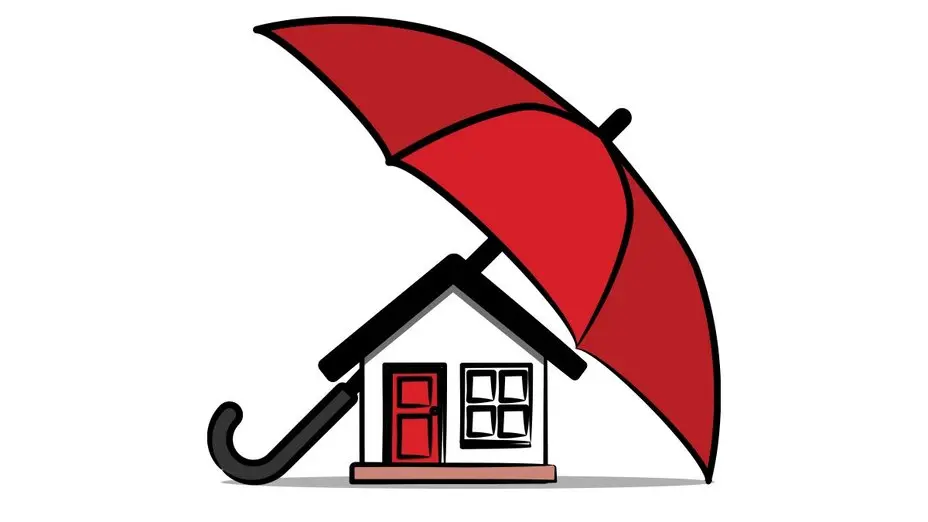
How to Choose the Best Home Warranty Plan for Your Home
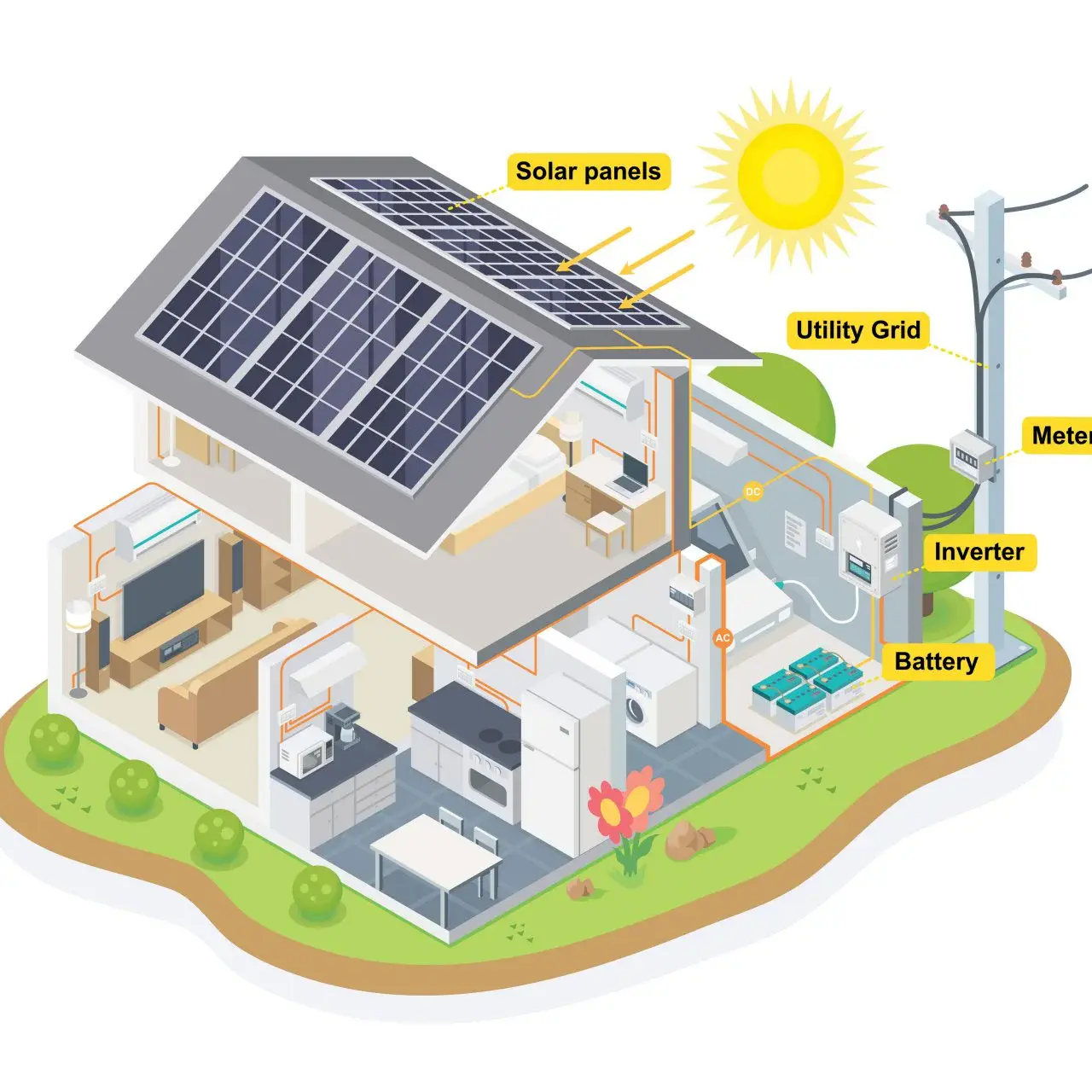
How to Choose the Best Home Solar System for Your Needs: A Complete Guide

lluminate Your Home: Finding the Best Window Companies in Your Area
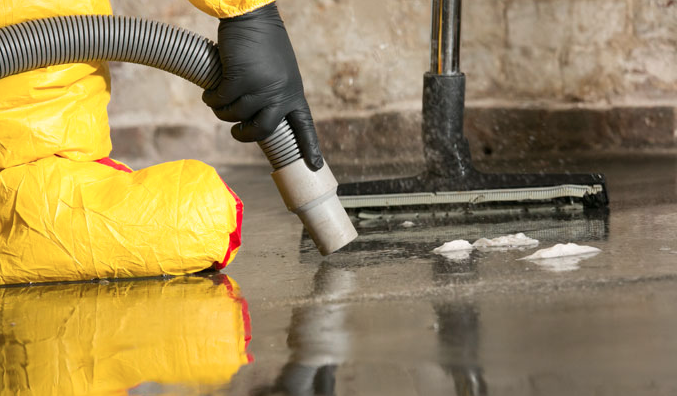
Sewage Damage Cleanup Services: The Key to Protecting Your Home from Health Hazards
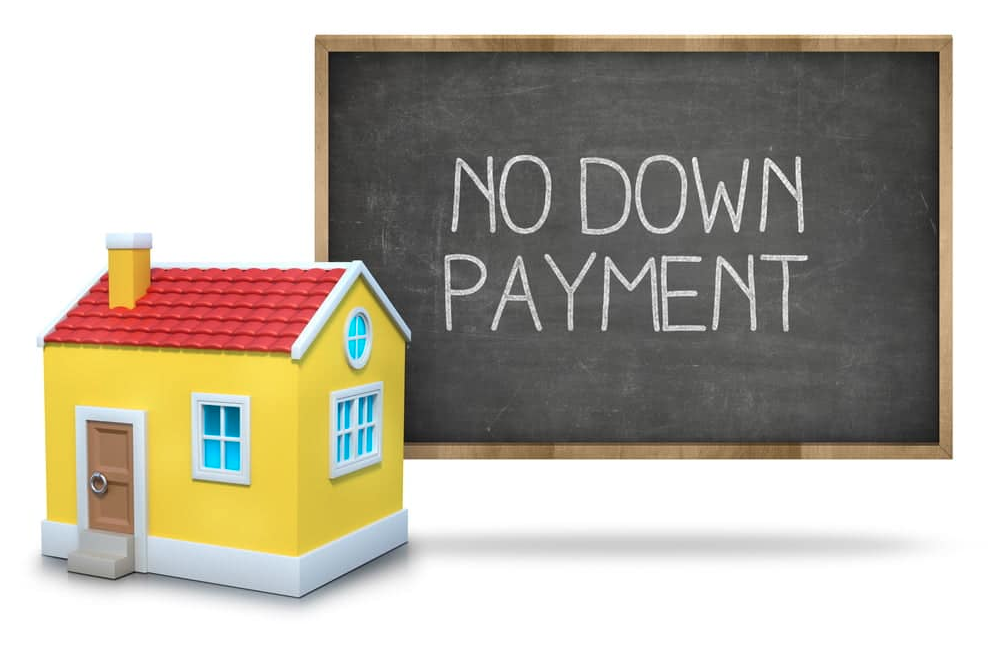
No Down Payment Loans Explained: How to Buy Your Home with Zero Upfront Costs
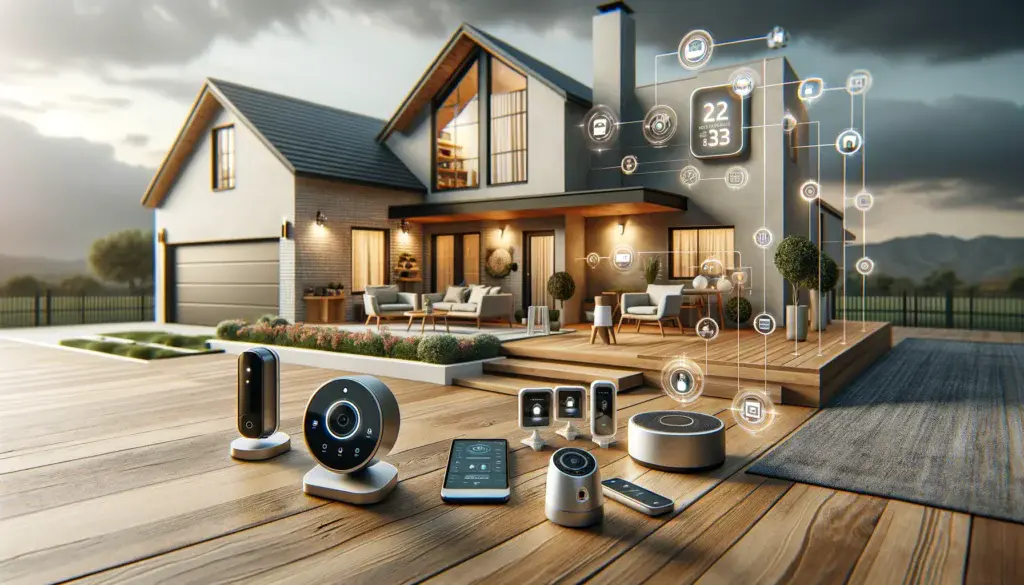
Top Home Security Systems: Safeguard Your Family and Property
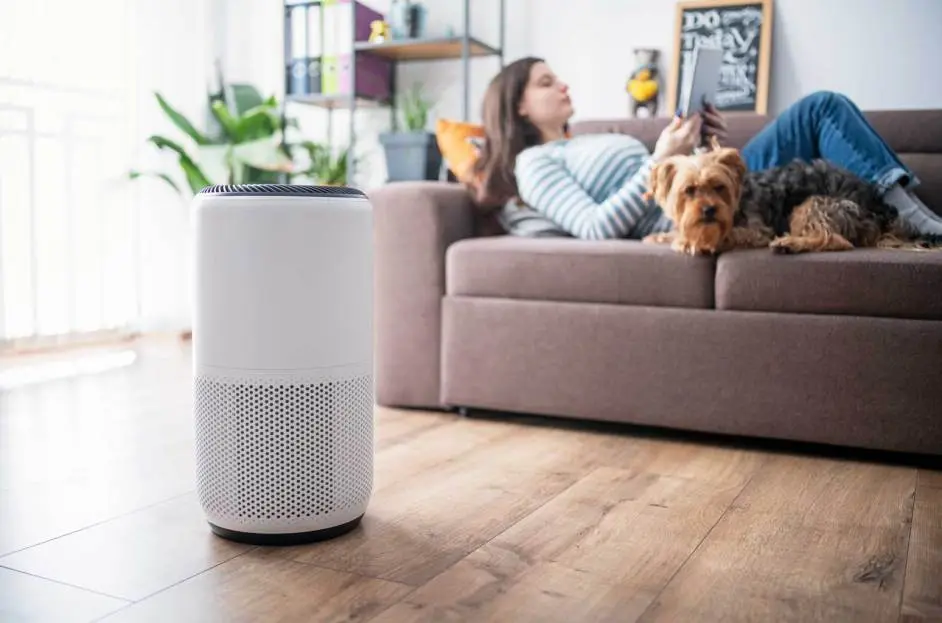
How to Choose the Best Air Purifier for Your Home: HEPA Technology Explained
